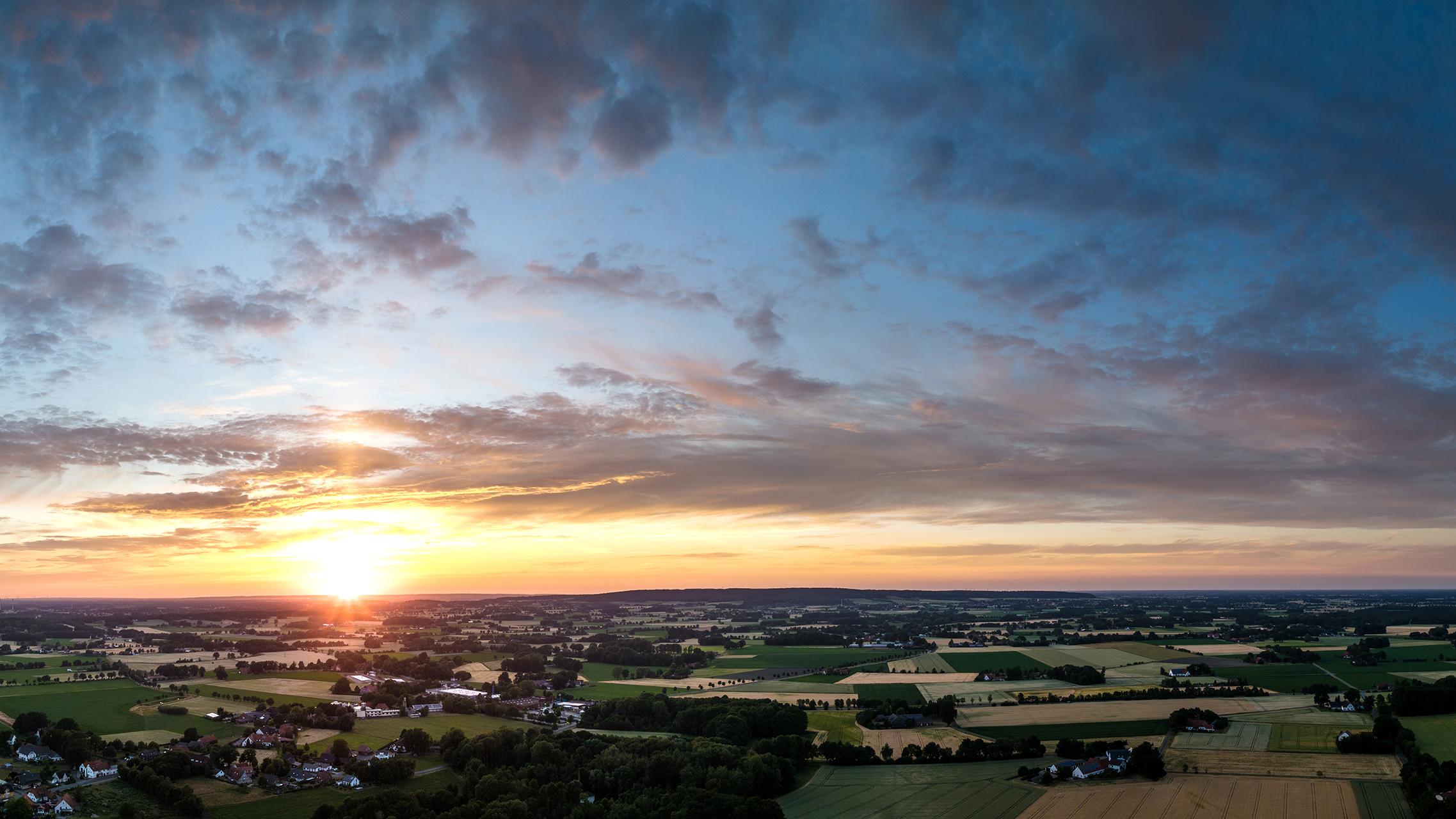
Heimathaus Wehdem
Torfstechen
Peat cutting was a necessary activity of farmers for centuries, as it provided fuel for the mainly poor population.


Peat cutting was a necessary activity of farmers for centuries, as it provided fuel for the mainly poor population.

The moorland of the Oppenweher Moor, which was formed during the ice age, covers an area of about 720 ha. The nutrient-poor soil of this raised bog provided farmers with an important source of fuel. Peat was cut here until the middle of the 20th century according to the peasant manual peat cutting method. Each family had an allotted piece of bog to work. The peat was usually cut in May before the hay harvest and collected after the harvest, as it had to dry for a long time.
For this purpose, the bog first had to be drained by creating dams and peat darts. After removing the moss scar with a spade, the underlying peat layers could be removed with knives and peat cutters. Before the extraction of the peat could begin, a so-called peat bank had to be exposed, which had the exact depth of a peat spade, so that the sods could be cut evenly. White, brown and black peat were extracted by the peasant population, with black peat being of particularly high quality due to its high density. However, this had to be extracted from meter-deep pits.
The extraction of peat was extremely physically demanding work. The peat sods were loaded onto peat carts and transported to the drying yard. A special stacking technique prevented rainwater from entering. Since the peat was very wet, it had to dry for months and thus lost a large part of its volume. If too much peat was produced for the company's own needs, the surplus was sold.